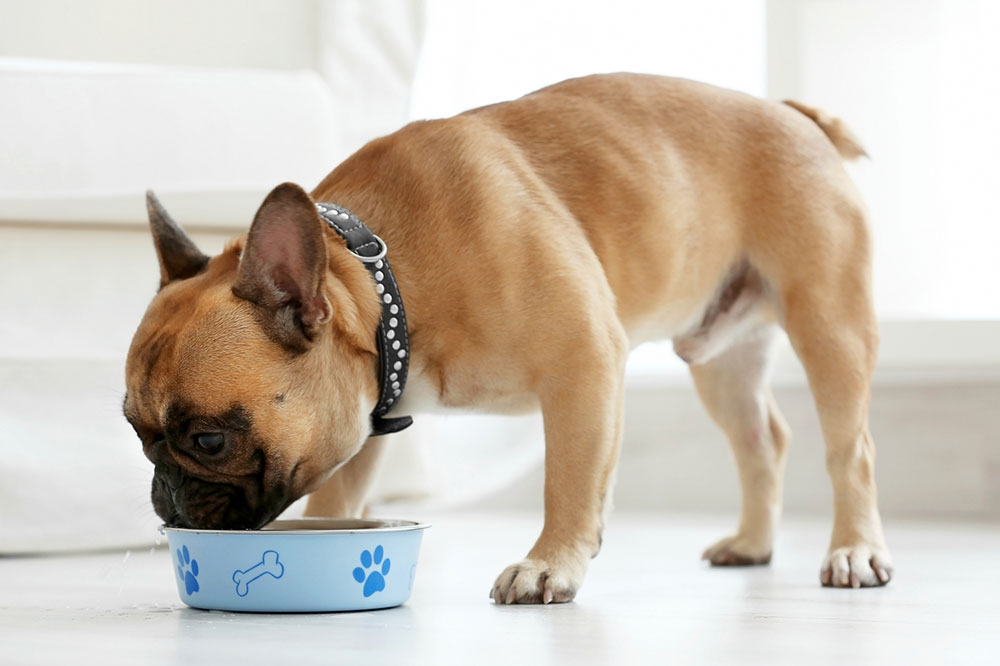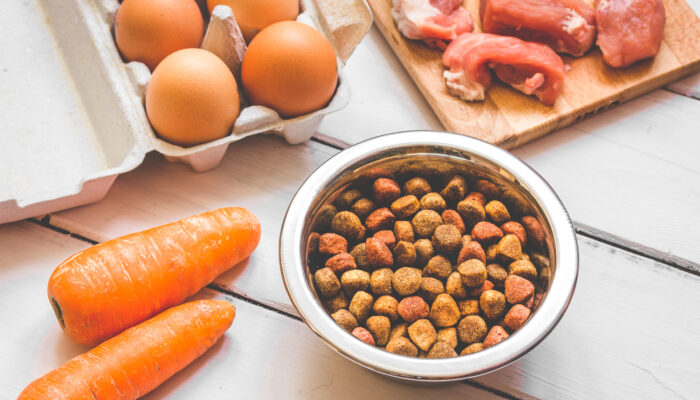
Dietary Tips to Keep Your Dog Free From Food Allergies
Proper nutrition, one of the most basic needs of your dog, ensures good health and a shiny coat. Nutrition also plays a crucial role in allergic reactions. However, apart from environmental factors, dog food is also one of the major reasons behind the allergic reaction in dogs. So, it is imperative to be aware of some dietary tips that will keep allergies at bay. Here is some nutritional information for food allergies in dogs.
Know your dog’s nutritional needs
There are hordes of commercial dog food brands. Selecting a specific dog food for your pup can be an overwhelming process. Canine nutrition tends to vary greatly. It is not necessary to always stick to a “complete and balanced” dog food marketed on dog food labels. Many ingredients from these dog foods can cause allergies to your dog. So, make sure to talk to a veterinary nutritionist before feeding commercial foods to your dogs. The best bet is to stick to natural foods.
Stick to natural foods
This is one of the essential foods for food allergies in dogs. Dogs fed natural, holistic, or home-cooked food experience less allergic reaction. Most dogs experience allergies to grains, which is one of the ingredients in economy dog foods, which sell at a lower price range than natural holistic foods. When it comes to home-cooked dog meals, the choice of components can be purely based on your dog’s preferences, resulting in less allergic reactions. You can also easily eliminate a specific ingredient if you know that it causes allergic reactions in your dog.
Frequency of meals
Frequency of meals plays a vital role in allergic reactions and complete nutrition in dogs. Underfeeding or overfeeding can create an imbalance in your dog’s blood sugar level, which may cause some allergic reactions. Most veterinary nutritionists suggest that feeding your dog depends on a few factors, such as your dog’s age, size, and activity level. While two to three meals a day is sufficient for adult dogs, puppies should be fed at least six small meals per day. Make sure to avoid long gaps between meals.
Some common food allergens
This is the most crucial dietary tip for food allergies in dogs. Some food sources that might look appetizing to your dogs can be toxic and cause allergic reactions. Foods such as chocolate, grapes/raisins, onions, macadamia nuts, seeds, and pits from fruits and vegetables, yeast dough, fatty, and salty food can be toxic or cause allergic reactions in dogs. Human food that is safe to consume for dogs includes animal meat, carrots, sweet potato, apples, carob, and unflavoured Greek yogurt.
Bowl and food allergies in dogs
Veterinary doctors recommend avoiding plastic bowls during feeding dogs because the chemicals from the plastic mix with the food and water, causing allergic reactions in the form of rashes or acne. It is best to use ceramic or metal bowls for dog food and water.



